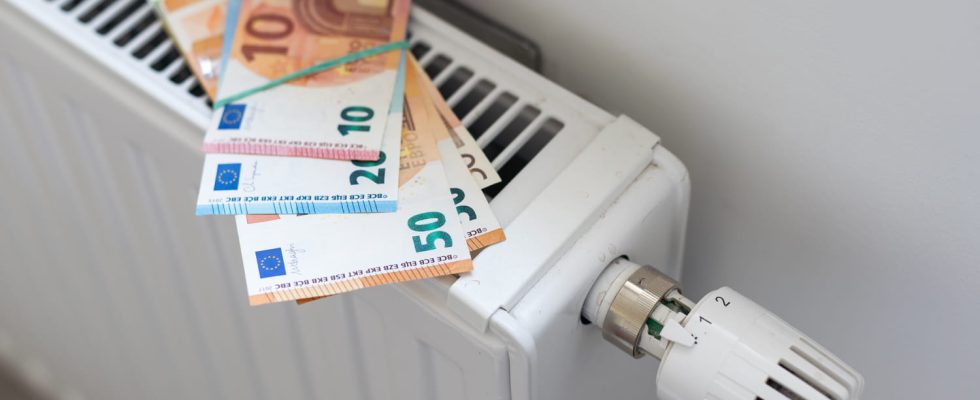Many households will be able to save money on a new energy bill.
With the cold of fall and winter, this is an unavoidable expense. For several weeks now, the heating has been running at full speed throughout France. Heating your house or apartment is undeniable given current temperatures. But for some, turning the knob on the radiator to turn it on or turning it up a few degrees involves a sacrifice, as energy prices have skyrocketed.
In France, around 500,000 people are in a situation of fuel poverty. Concretely, these households must, every year, decide the same question: being cold at home or spending part of their income to avoid wearing a sweater and a scarf in their living room? A most alarming choice, which is not without consequences on daily life. In 2022, 863,000 procedures for unpaid bills linked to energy bills have even been initiated (electricity and gas combined).
But good news has just arrived for a million French people: heating may cost them less in 2024. No, the prices of electricity, gas, wood or even fuel oil will not decrease: it is the State which will cover part of the bill received by these households.
It was in fact announced that the energy check, received automatically and without any action by the most modest households, could now be used to pay for heating costs in public housing. Until now, public housing organizations (OPH) could not accept the energy check. The beneficiaries could therefore only use it to pay for electricity, the contract of which is individual and directly linked to Engie (or other energy distributor).
Next year, the most precarious residents of social housing will therefore have the choice: use the energy check to pay their electricity contract or their heating charges. But not both. In fact, the energy check is not divisible. The entire amount granted is used at once, on a single invoice. It will therefore be better to use it on the highest one.
On average, energy check beneficiaries received 150 euros in 2023. An amount that varies depending on the composition of the household (couple or single, children or not). Although the system will therefore be renewed in 2024, no revaluation has, at this stage, been announced.
